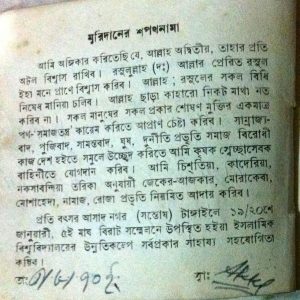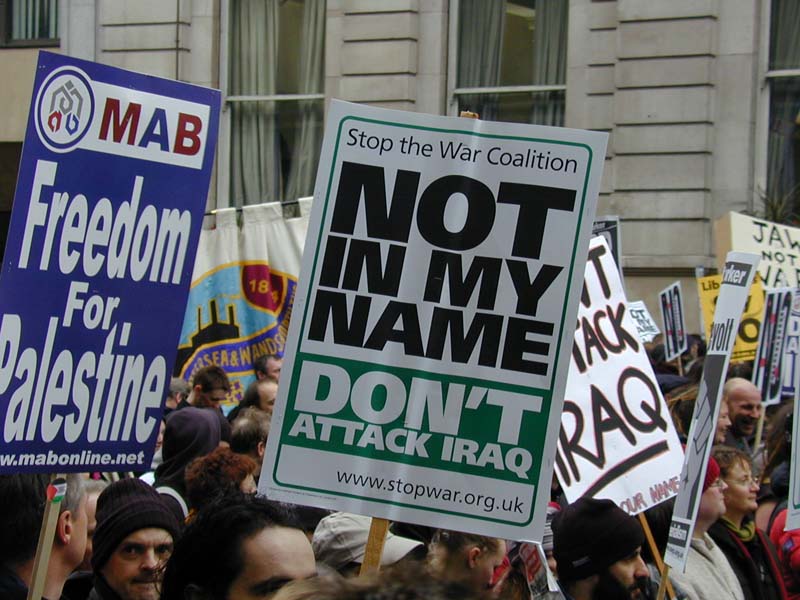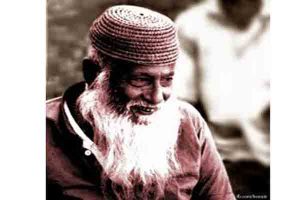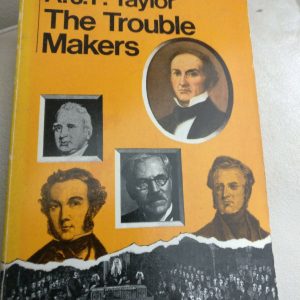Once upon a time the East End of London was at the forefront of cutting edge political thinking and activism. In order to bring about a renaissance of this Golden Age, councillors such as myself along with activists have to break with existing political conventions, furthering the case for dissent/political civil disobedience and holding the powerful Executive Mayor to account.
Act 1 – The Political context in Tower Hamlets – Extraordinary times call for extraordinary measures.
In 1972, the American academic and Civil Rights activist, Howard Zinn published his seminal essay, ‘The Problem is Civil Obedience’. It was published at a time, where there was much turmoil and change in American Society, all overshadowed ’by a powerful executive, in the figure of Richard Nixon.
Fast forward to 45 years on, and in Tower Hamlets we have a similar situation, of rapid change Tower Hamlets, a heady mixture of austerity, gentrification, displacement and disenfranchisement of poorer demographics, and the rise of the far right and right wing politics (in the guise of the Alt-Right movement). All of this is overshadowed by a Town Hall with an unprecedented Labour majority, combined by with an all powerful Executive Mayor.
The above one party state situation, with little or no opposition leaves residents and stakeholders in Tower Hamlets with nominal checks and balances to hold the local authority to account.This not need be the case, if ordinary backbench councillors break the recent political convention, established the former Mayor Lutfur Rahman, of absolute loyalty to the ‘Leader’, through acts of political civil disobedience, not only are democratic checks and balances are maintained through scrutiny and accountability, but the long tradition of civil disobedience within the East End and in the Labour Party continues and is maintained.
Today’s one party, static state situation stands in sharp contrast to the rich political tradition of the East End of London. From the the founding of the Salvation Army in Whitechapel in 1865, the Match Girls Strike in 1888, Sylvia Pankhurst and Women Suffragettes in Bow 1914, Poplar Rates Rebellion in 1921, Battle of Cable Street in 1936, the anti fascist movement in Brick Lane in the 70s and 80s, ending with the anti war movement in 2003. All of the above have one thing in common, Civil Disobedience and the breaking of existing political conventions to bring in required structural and radical changes.
Act 2 – The tradition of Civil Disobedience in Bangladesh – from Nizamuddin to Bhashani.
Feeding into the political tradition of today’s East End, is a rich political tradition of Civil Disobedience that is found in the Bangladeshi community. This tradition is linked with the North Indian Sufi tradition, mirroring a similar trend in radical English political narrative and the connection with the non-conformist Christian tradition.
Origins can be found in the life and works of the Sufi Nizamuddin, but crystallised in the life and works of the Naqshbandi Sufi, Ahmed Sirhindi. Sirhindi himself was imprisoned by the Mughal authorities, writing his works while incarcerated in difficult conditions (he died soon after being released from prison). Sirhindi’s writings inspired anti colonial movements throughout the world, from the struggles against the East India Company and British Raj, in the Caucasus against the Russians, in Libya against the Italians, Algeria against the French and in Aceh, Indonesia against the Dutch. The trajectory of this tradition of civil disobedience was brought to Sylhet by Hussain Ahmed Madani, a teacher at the Nayasorok Mosque and Madarash in Sylhet, a companion of Mahatma Ghandi who later on became a senator in the newly independent India.
In Bangladesh it was woven into politics by Abdul Hamid Bhashani (known as the Red Moulana), a founder of the Awami League and seminal figure in the Independence movement. Bhashani started the struggle against the exploitation that tenant farmers face from the xenophobic Line System. This spurred the Moulana on his long political journey to emancipate his people; to economic liberation from the feudal system, to political liberation from the British Raj in 1947, political freedoms from the Sandhurst educated Rawalpindi generals of United Pakistan, and hunger from the ravages of the 1974 Bangladesh famine. Spanning three nationhoods, his last great public act was against India’s hydro hegemonic erection, The Long March of the Farakka Dam in 1976, which is arguably the last time a Bangladeshi politician was taken seriously in the Lok Sabha.

Moulana Bhashani’s Oath:….I will join the volunteers corps of the peasantry to eradicate from society all forms of imperialism, capitalism, feudalism, usury and corruption…..
“The Naqshbandiyya are strange caravan leaders, Who bring the caravan through hidden paths into the sacred sanctuary.” Jami (1414-1492)
Act 3 – Historic Continuity of Dissent – Standing up for residents as backbench Councillors
As one of many newly elected backbench councillors, I believe my first and foremost duty as an elected ‘Dissenter’ is to stand up for my residents, in light of the Labour Party platform I stood on. It is our moral and constitutional duty, both as Councillors and as Labour Party members to hold the Council Executive to account and act as a dissenting voice within the borough.
This means holding the Tower Hamlets Council Executive, comprising of elected (Mayor and his Cabinet) and non elected officials to account. Scrutinising decisions within the Town Hall and publicly outside, via social media, public meetings and campaigns. Such a role, is part of the constitutional duty as a councillor but also in line with the great Dissenting tradition within the Labour Party, from Keir Hardie, Ramsay Macdonald, George Lansbury to Tony Benn and Jeremy Corbyn.
Dissent is integral to the Democratic Socialist tradition, for blessed are the troublemakers for they shall change the earth.
“Conformity may give you a quiet life; it may even bring you a university chair. But all change in history, all advance comes from non-conformists. If there had been no trouble makers, no Dissenters, we should still be living in caves.”
AJP Taylor




Recent Comments